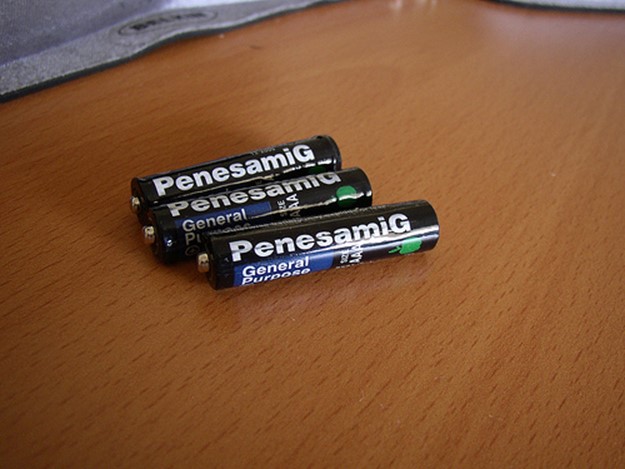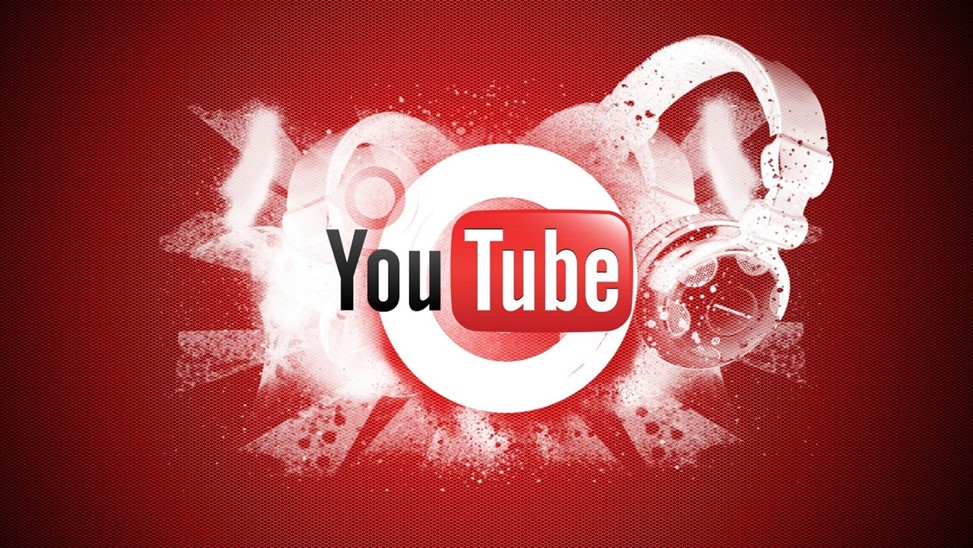A Company That Specializes In Building Fake Products
November 17, 2012 in Daily Bulletin

Nathan Mattise wrote about ISS, a company that makes fake products:
- When movies need prop-products in their scenes ISS creates the fake brand and packaging.
- The need for this is not as great as it once was. In the era of cross-promotion movie producers prefer to just use real products – and charge the brand a fee for the advertizing.
- However if a product or item is to be portrayed in a negative way then the owners of the brand might not be happy with its use. This is when fake products come in.
- Products and audiences’ expectations of products are constantly shifting. To keep up the veneer of realism ISS continuously monitors the latest developments and advancements in various fields.
Read more about the files that ISS keeps on each of its projects, some famous examples of the work that they have done, and how they have had to evolve along with the industry over here.
Source: Fast Company









Join the Discussion! (No Signup Required)